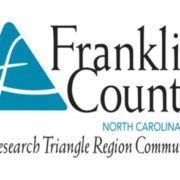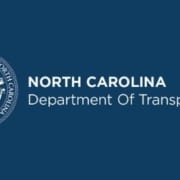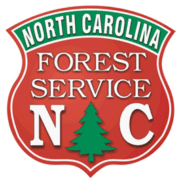Franklin County Names Matt Masters As New EMS Director
-information courtesy of Franklin County Public Information Officer James F. Hicks III
Franklin County has named Matt Masters as Emergency Medical Services director. He will begin his new job on Jan. 2, 2024.
Masters has close to three decades of experience with emergency medical services in Wake County.
“I am excited to join Franklin County as the EMS Director and use my more than 29 years of EMS experience to navigate our team into the future,” Masters said in a press statement from Franklin County Public Information Officer James F. Hicks III.
Masters was District Chief, Field Training Officer and Paramedic for the Wake County EMS System – supervising daily EMS operations within the department and field operations throughout the county. Prior to that, he served as a Shift Supervisor and Paramedic for Six Forks EMS from 2002-2007 and as an Assistant Chief and Paramedic for Knightdale EMS. In each of his previous positions, he provided supervision, directed operations and assisted in annual budget preparation.
“Matt brings a wealth of supervisory EMS experience which will be extremely valuable to Franklin County,” said County Manager Kim Denton.
Masters graduated from Lenoir Community College with an associates degree in Emergency Medical Services and an associates degree in Emergency Management. He has also obtained a Paramedic certification from Wake Technical Community College.







